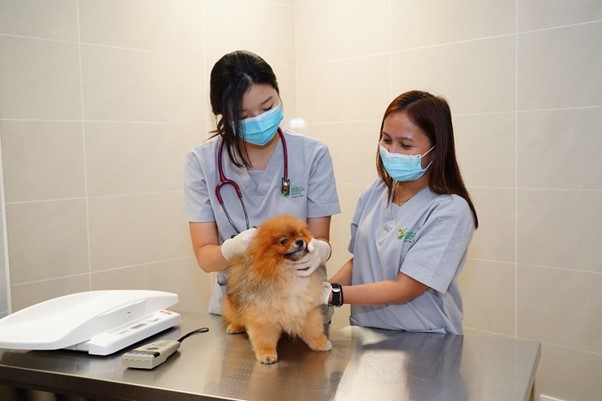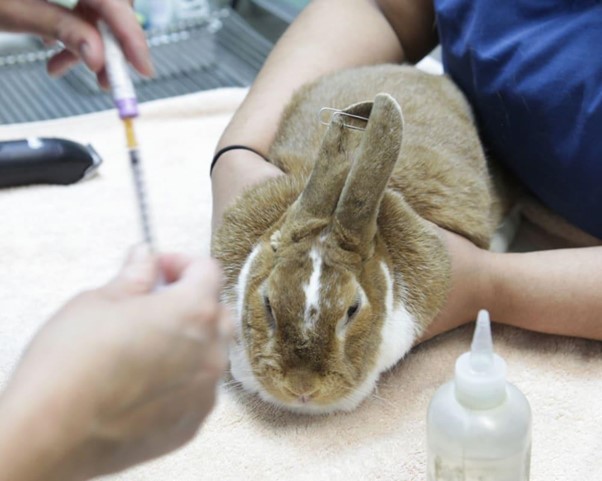
Vaccination Requirements for Pets Entering Singapore: A Complete Checklist
Singapore has some of the strictest pet importation regulations in the world – including specific requirements for certain animal vaccines.
Vaccines are necessary to keep your pet healthy and safe when entering Singapore, which is why the government requires them.
This article explains what vaccines pets require before entry into Singapore, how they should be administered, and the benefits and challenges associated with this regulation.
What Vaccines Are Required for Pets Entering Singapore?
The list of vaccines that pets must have before entering Singapore is extensive. All cats and dogs must have up-to-date rabies vaccines; however, depending on where they are coming from, other vaccinations may be required as well.
These include vaccines for Leptospirosis, Coronavirus, and canine distemper virus. Pets must also be treated for certain parasites before entering the country.
The Process of Administering Vaccinations
The process of administering pet vaccines depends on the size and breed of the animal. For cats and dogs, the vaccine should be administered by a veterinarian at least two weeks prior to entering Singapore.
The veterinarian will also provide paperwork that must be completed before entry into the country.
Benefits of Pet Vaccination Requirements in Singapore
Prevention of infectious diseases
Vaccines protect our pets from infectious diseases that can be fatal without proper medical treatment.
In Singapore, examples of such diseases include rabies, canine parvovirus, feline panleukopenia, and canine distemper.
Vaccination requirements play a critical role in controlling the spread of these diseases in the pet population.
Improvement of Immunity
Vaccines stimulate the immune system to produce antibodies against specific diseases. When exposed to these diseases later in life, the animal’s immune system can easily recognize and fight off the disease.
By making sure your pet is vaccinated, you are helping them build immunity to a range of harmful pathogens.
Safe Travel

Vaccination requirements are mandatory for traveling with pets in and out of Singapore. This ensures that pets do not carry or contract diseases while traveling, and helps prevent the spread of infectious diseases across borders.
Economic Benefits
Vaccination requirements lead to lower healthcare costs for pet owners in the long run. Preventative care is much less expensive than treating a disease, particularly those that can have long-term impacts.
Regular vaccinations also reduce the likelihood of an animal requiring long-term medical care.
Public Health
Pet vaccinations are important not only for the animals themselves but also for their human owners and the wider community.
Many infectious diseases can be transmitted from animals to humans, and vaccines help prevent the spread of those diseases to people.
Protection for senior pets
As pets age, their immune systems become weaker, making them more susceptible to serious diseases. Vaccinations can help protect senior pets by giving them extra protection against diseases that they are more likely to contract.

Community responsibility
By ensuring your pet is properly vaccinated, you are doing your part in protecting the wider pet community.
This is particularly important for high-density areas like Singapore, where many pets live in close proximity to each other.
Improved pet health and well-being
Pets that are vaccinated are less likely to suffer from serious illnesses, which can negatively impact their quality of life. Healthy pets have more energy, a better appetite, and are generally more active and playful.
Longevity
Vaccinated pets tend to live longer than those that aren’t vaccinated. By protecting them against infectious diseases, you are helping to ensure that they live happy and healthy lives.
Peace of mind
Finally, making sure your pet is vaccinated gives you peace of mind, knowing that you have done everything possible to keep them healthy and safe.
Disadvantages or Challenges Associated with the Regulation in Singapore
One potential disadvantage associated with pet vaccination requirements in Singapore is that it can be expensive for pet owners.
Vet fees and vaccine costs can add up quickly, especially if multiple vaccines are required.
Additionally, some pet owners may find these regulations to be too stringent and difficult to comply with.
Conclusion
Pet vaccination requirements in Singapore are an important part of keeping pets healthy and safe.
These regulations help ensure that animals entering the country don’t bring any dangerous diseases into the population.
Although complying with these requirements can be expensive and challenging, pet owners should understand that they’re necessary for the health and safety of their beloved pets.
Learn more.





